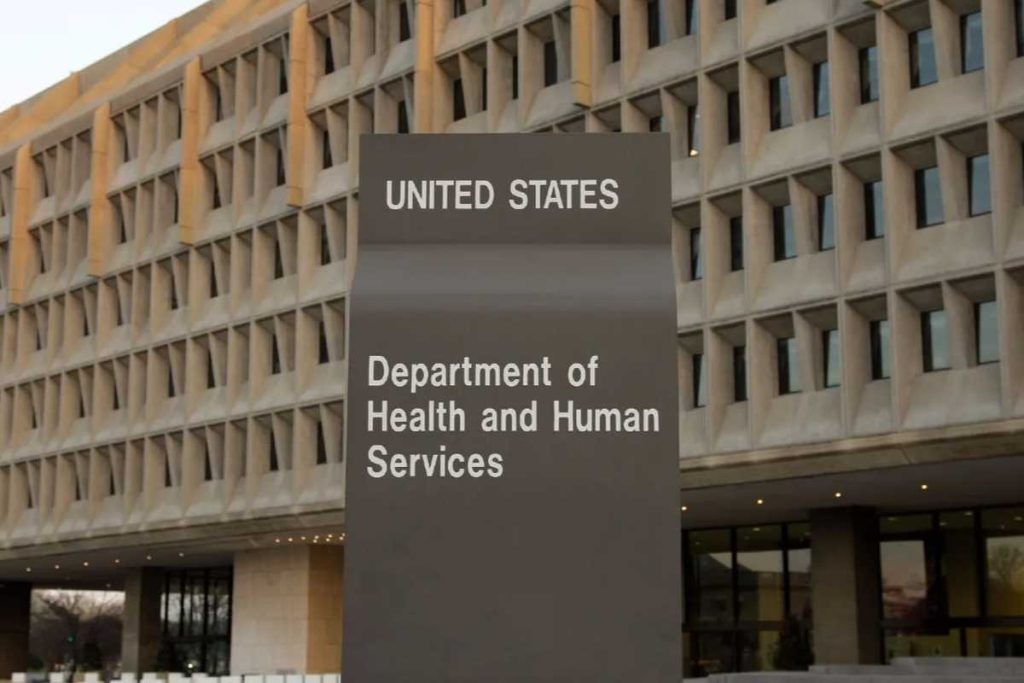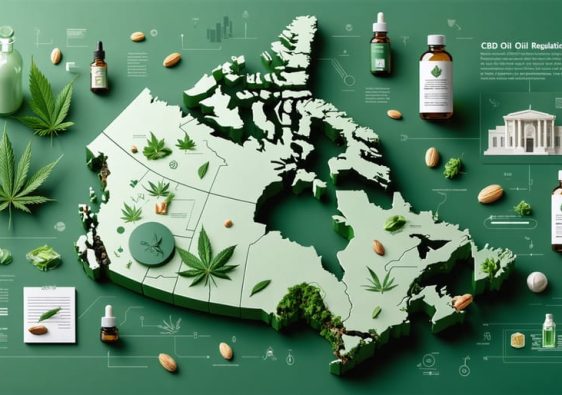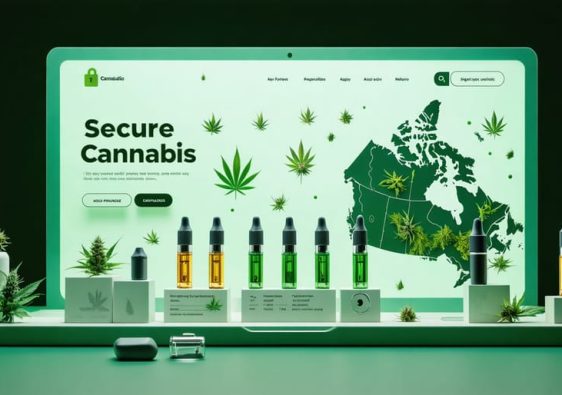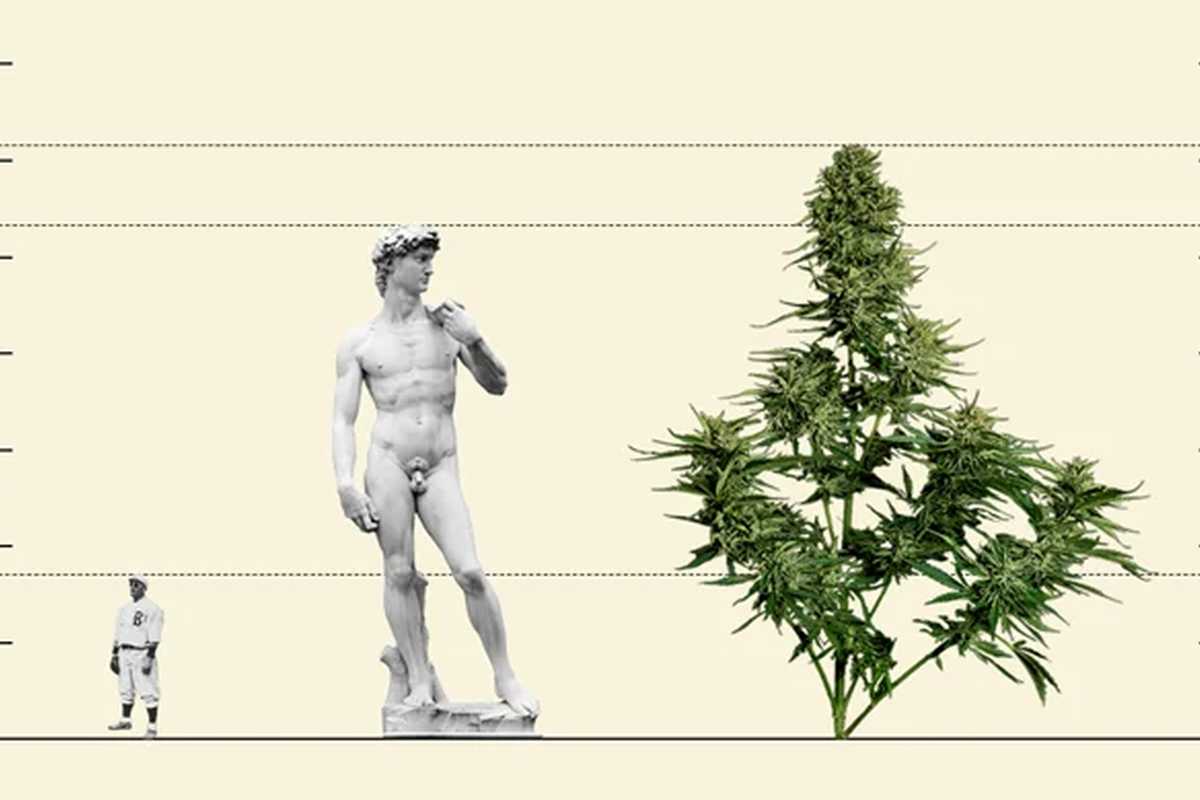Recently, there has been a significant shift in the federal government’s stance on cannabis. For over fifty years, cannabis was classified as a Schedule I drug, indicating a high potential for abuse and no accepted medical value.
However, September marked a considerable change as the Department of Health and Human Services (HHS) recommended to the Drug Enforcement Administration (DEA) that cannabis be reclassified to Schedule III.
This reclassification suggests that cannabis has a moderate to low potential for abuse, an accepted medical use, and a low potential for psychological dependence, reflecting evolving perspectives on its use and benefits.
What It Means
In October 2022, the Biden Administration announced its intent to prompt the Secretary of Health and Human Services (HHS) and the Attorney General to review the scheduling of marijuana under federal law swiftly.
This move aligns with the Brookings Institute’s previous analysis, which highlighted the complexities of the rescheduling process through Executive action compared to legislative reform.
With the presidential election just over a year away, it appears that President Biden is taking steps to fulfill his campaign promise to reform the nation’s marijuana laws, recognizing the evolving societal and political perspectives on cannabis.
This initiative could significantly impact the legal landscape and public policy surrounding marijuana in the United States.

Going Forward
The recommendation by the Department of Health and Human Services (HHS) to the Drug Enforcement Administration (DEA) to reclassify cannabis as a Schedule III substance is a significant step but is ultimately non-binding. The DEA may or may not align with HHS’s recommendation.
Should cannabis be moved to Schedule III of the Controlled Substances Act, one immediate benefit would be the inapplicability of the 280E tax provision to plant-touching businesses.
This could alleviate a significant tax burden, as 280E disallows business deductions related to the trafficking of Schedule I or II substances.
However, it’s vital to understand that rescheduling won’t exempt marijuana from the federal Food Drug and Cosmetic Act (FDCA), which currently applies and will continue to apply post-rescheduling. The FDCA’s application to marijuana and hemp products remains a complex legal matter.
There is a belief among some that moving cannabis to Schedule III might not significantly impact businesses or individuals.
The National Cannabis Industry Association (NCIA) remains cautiously optimistic, acknowledging that while reclassifying cannabis may offer some benefits, it does not fully harmonize federal law with the policies of the 38 states that have effectively regulated cannabis for medical or adult use.
This emphasizes the need for continued advocacy and legislative reform to align federal and state laws regarding cannabis.
What’s Going to Happen in the Future
With HHS’s recommendation in hand, the DEA is now set to begin its review process to potentially reclassify cannabis. The implications of moving cannabis to Schedule III are subject to debate and speculation.
While the elimination of the 280E tax provision is a clear potential benefit, other effects are less certain, including changes to enforcement priorities, interstate commerce, and criminal penalties.
The National Cannabis Industry Association (NCIA) has proactively provided a roadmap for comprehensive federal reform and offered detailed feedback on legislative efforts.
There’s a pressing need for Congress to align with the American public’s growing acceptance and endorsement of cannabis legalization.
The HHS recommendation is undoubtedly a progressive step, but it is just one part of a broader movement toward comprehensive reform. The ultimate objective for many advocates and industry stakeholders is the complete removal of cannabis from the Controlled Substances Act, reflecting a shift toward full legalization and regulation.
This goal underscores the importance of not only federal agency action but also legislative changes that reflect current attitudes and the realities of cannabis use and its industry in America.




